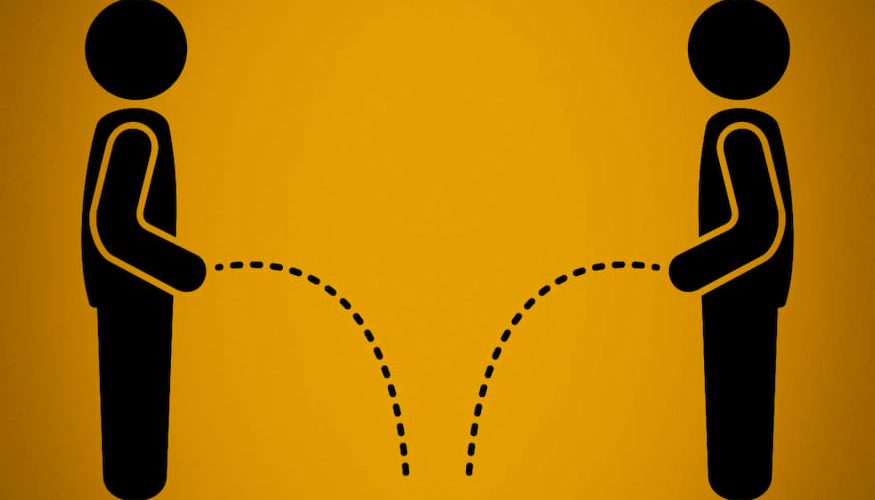Experts suggest following these pieces of advice to take care of your bladder
Peeing seems an obvious activity but although it should be natural, it’s not always carried out properly. Our bad habits can lead us to bladder diseases that can be avoided following these urologists and pelvic floor therapists’ suggestions about peeing healthier.
1. Don’t stop the flow
When you are peeing you shouldn’t stop in the middle of this activity. “When we void (pee), our bladder contracts, and our pelvic floor muscles reflexively relax. If you are peeing and trying to stop your flow, you are inhibiting a natural reflex your body needs to do”, Heather Jeffcoat, owner of Femina Physical Therapy in Los Angeles said. This may instruct your pelvic muscles not to relax while peeing, preventing you from adequately emptying additional urine and bacteria in your flow, consequentially leading to a UTI (Urinal Tract Infections).
2. Don’t force it
You shouldn’t force yourself to pee.
“Our bodies have, over the millennia, evolved a highly sophisticated system for proper elimination of urine. This involves a complex neurological pathway that triggers the contraction of the bladder muscle with a coordinated relaxation of the urinary sphincter. Repetitive power peeing can disrupt this synchronized event and, over time, lead to a loss of bladder strength and proper sensation, culminating in poor emptying and the inability to appropriately discharge urine”, said Robert Mordkin, M.D., FACS, chief of urology and the director of robotic and laparoscopic surgery at the Virginia Hospital Center in Arlington, Virginia. Don’t be in a hurry. Even peeing need its time like when you take some time to poop.
3. Follow the “20-second bladder rule”
Most mammals take 21 seconds on average to empty their bladders. Humans release about one cup of liquid. A person who drinks the expected 8 glasses of water per day, consequently needs to pee roughly 8 times per day, according to urologist Nicole Eisenbrown, M.D. However, if you don’t drink enough (or too much), or if you ignore your body’s signals when it needs to urinate, your timing, and hence the length of your stream won’t be regular.
The 20-second bladder rule can help you improve your hydration and peeing habits. Peeing for more than 20 seconds may mean you’re holding it too long, while peeing for less than 20 seconds may suggest you’re going to the toilet too frequently. Knowing your current number of seconds can help you evaluate how much water you’re consuming, how often you hold it when you need to go, and other habits that affect your peeing, so that you can make the proper changes.
4. You can pee in the shower
There have been different opinions but in 2021, a urologist confirmed it’s completely okay to pee while you’re getting clean in the shower if you are healthy.
5. Don’t hold in your pee
We know, sometimes you can’t avoid that but holding in pee should be a rare event. According to Lamia Gabal, M.D., a board-certified urologist, “Chronically holding in your pee can overstretch your bladder and lead to bladder muscle weakness”. This behavior may cause problems peeing or UTIs in the long run.
6. Just pee when necessary
It happens when you decide to pee because you think there will be a lack of bathrooms subsequently, so you pee even though you don’t really need it. Urologists don’t recommend it. “It can send a message to your brain that this is a correct volume for your bladder to have the sensation of needing to urinate, almost training your bladder to have to void at smaller volumes”, said Dr. Gabal. Peeing too frequently will eventually cause your body to seek more frequent urination. If you have urine incontinence, though, peeing whenever you find a bathroom is perfectly OK.
7. You can sit on public toilets
Don’t squat to pee, “The act of squatting strongly engages and tenses the muscles of the groin and pelvic floor, which can potentially cause long-standing spasticity”, said David Kaufman, M.D., director of Central Park Urology, a division of Maiden Lane Medical. This can keep you from completely emptying your bladder over time, increasing your chances of having a UTI. Sitting on a public toilet is no different from touching your phone in terms of cleanliness.
Source wellandgood.com

